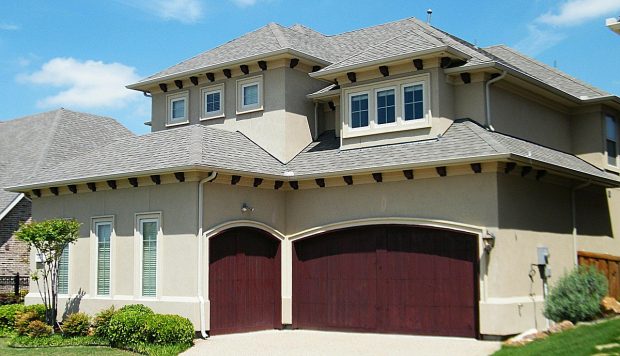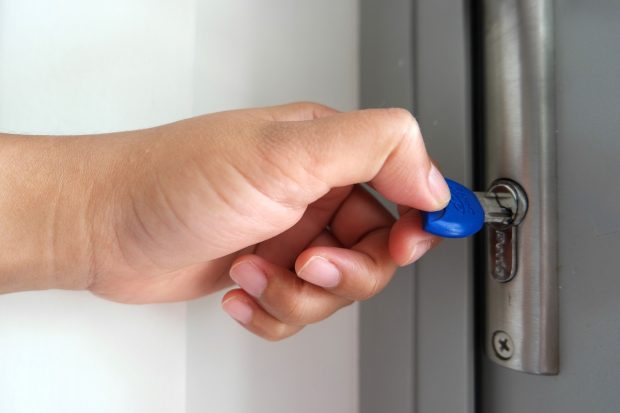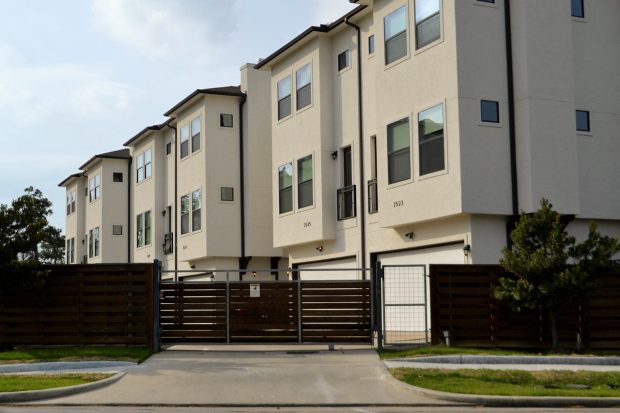When you have a family, safety is priority number one. Your home should be the safest place for you, your family, and your valuables. Despite your best intentions, there are some things you cannot control. Once your family leaves the house and strikes out on their own, dangers await that we all have to face at some point. The best you can do is prepare them as best you can for what might be lurking around the corner.
What you can control is the safety at home. And even that requires some rethinking. The threats from 50 years ago are not necessarily the threats facing your home today. 2018 brings new ideas, new technologies, and new dangers. While many of the basics are the same, there are many new things to consider. So before diving into what’s new, let’s make sure the basics are covered:
Locks and Alarms
You have to be sure to secure every point of entry into your home. That includes the front and back doors, all windows, the doggy door, the basement door, the garage door, and any other entrance where a human can squeeze into. It is critical that all of these entrances have real locks that are not easily defeated by applying a little brute force.

But locks, alone, are not enough. You also need one of those home alarm systems that include motion sensors and 24/7/365 monitoring. And thanks to modernization, you can get that type of system for apartments and rentals. Some are as easy to set up as a WiFi router. So if you think you are going to be moving periodically, that does not mean you have to live without a modern, full-coverage security system.

A Way to Call for Help
No lock or system is impervious to breakage. A motivated enough criminal can still get in despite your alarm system, or your big, scary dog. That is why it is always good to have a second line of defense at the ready. That second line should be a way for any family member to call for help when trouble invades.

At this point, there is no reason that every member of the family should not have their own mobile phone. Safety is not a luxury, but a necessity. Therefore, there is no reason that everyone should have a luxury phone. The most basic and least expensive phone can save a life in a pinch. And everyone should be pretty used to carrying one everywhere they go, even while in the house.
Emergency numbers should always be on speed dial. IOS has an SOS feature that makes it easy to dial an emergency number in a pinch. The Apple Watch is similarly equipped. So if you do happen to have these devices, be sure to familiarize yourself with the safety features that are a part of the package.
Securing Digital Access to the Home
The front door is not the only way into the home. There are many locks on the market that you can control from your smartphone. But that is not the only way your home can be accessed digitally. You likely keep your computer on and connected to WiFi all the time. That means that criminals can get into your system and take valuable personal data without entering your home.
One of the big things you can do to protect yourself is to stop broadcasting your WiFi access name to everyone who passes by. You can set things up so that your WiFi name is removed from the list. You can still sign into it. But you have to write it into the sign in box as well as the password. The instructions for doing this are different for every operating system. It is a lot more difficult for a hacker to break into your network if they do not know it’s there.
You should also be slow to enter the smart home IoT market. It is well known in security circles that the IoT is not secure. So only deal with those companies that prioritize security for the connected devices in your home. Smart speakers are listening, and recording more than you realize. Police are already subpoenaing companies for that data.
So remember to cover the basics like locks and alarm systems. But also protect against modern threats by enabling ways to call for help and securing your digital life.
